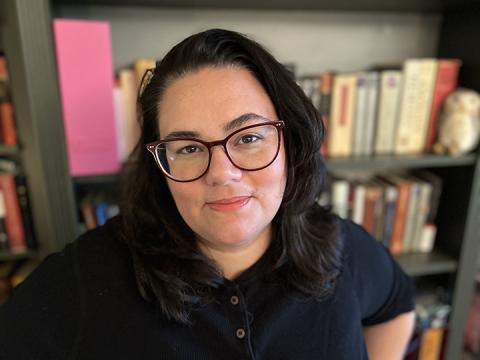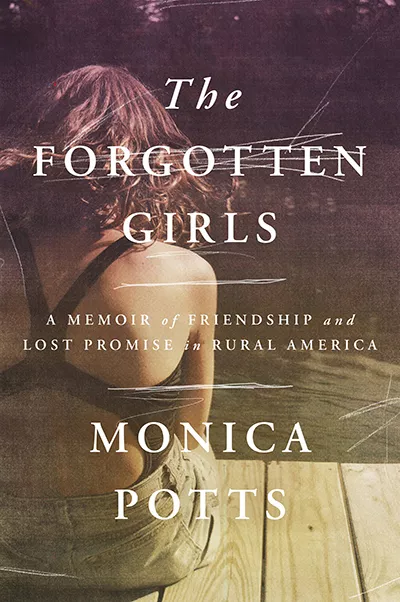Trouble in the Heartland
An insider’s perspective on being poor, white, and female in rural America.

As a journalist, Monica Potts ’02 has written extensively about poverty and economic opportunity for publications such as The New York Times and The Atlantic. In 2015, the professional became personal when she turned her focus to the shrinking life expectancy of America’s least educated white women. Potts, who grew up working-class poor in the foothills of the Ozarks, found a way to attend college and realize her dreams. Her best friend Darci, also gifted and ambitious as a child, failed to graduate from high school, became addicted to meth and opiates, and served time in prison. In The Forgotten Girls: A Memoir of Friendship and Lost Promise in Rural America, Potts explores the societal forces— religion, education, politics— that limit choices for poor white women and zeroes in on the critical moments where her life began to diverge from that of her childhood friend.
Did you have trepidation about making the story so personal?
I knew it might create issues since this was a community that I was a part of, but I realized I wanted it to be a story told from the inside out because a lot of people had been telling this story from the outside. I also realized it was a story I needed to come home for because I had a feeling of having left people behind when I went to college. So, returning and seeing what had happened in the meantime felt like the right way to tell this story.
Your book is partly about the choices people make, but often the people you write about seem quite passive.
I think that’s because they don’t have a lot of control over their lives, they don’t have a lot of money, and in general they’re not the bosses. They get their jobs from out-of-town entities like Walmart. Somebody else is always calling the shots. And if the primary religion around town is telling you that’s the way it should be, then it just seems like whatever’s going to happen is going to happen and all you can do is respond to it. One of the biggest differences I noticed when I went to Bryn Mawr was the faith my fellow students had that they could control their lives and steer where they wanted to go. People used to talk about getting their Ph.D. as if it was just in a closet somewhere waiting for them to go retrieve it. That taught me that ambition was attainable. It gave me a lot of confidence. It also gave me the language of feminism for stuff that I’d been feeling and observing my whole life but hadn’t really known how to identify or talk about.
You ended up moving back to live in Clinton, Arkansas. Why?
I was coming back anyway to work on the book. I was spending a lot of time here and I found I didn’t hate it anymore. I loved the natural beauty and some of the culture. After a few years back here, I will say I’ve been surprised about how some of the old challenges came up to hit me again. Rural life can be very isolating. One of the clichés about small towns is that neighbors watch out for each other. I have always found that to be truer of cities, where neighbors have to get along because they live on top of each other. In the book, I think I was pushing against the romanticization of small-town life, because small towns can actually be really hard places to live and grow up.
Published on: 11/16/2023
